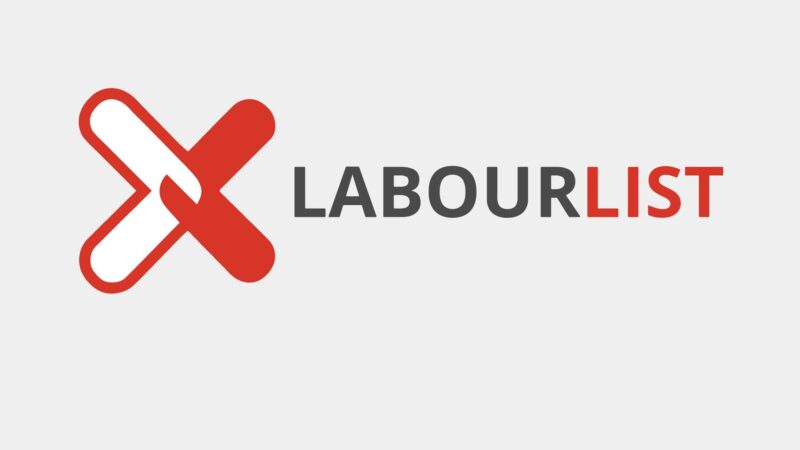There’s not a hope the next election in the UK will be about policy – it’s deluded to even argue that it could be

Labour grandee Paul Richards has penned a tremendously misjudged piece on LabourList, so much so I think it deserves to analysed a bit. This is especially vital because the main premise – that Labour can win an election in the UK based on policy – is one still held by many activists. But, perhaps sadly for Paul and for Labour such an election is never going to come to pass.
Let’s start with the title “We need to make the next election about policy, not leadership”. The problems here are numerous.
Firstly, could Labour make an election be about policy, even if it tried? I doubt it, with British parties hollowed out in terms of membership and policy making, facing a fierce media.
If Labour did only push policies, can the electorate really, honestly, truly distinguish between the policies that all the main parties are espousing? Bear in mind that the electorate assumes that politicians will promise one thing and then do the opposite, and there is no way Labour is going to convince them otherwise. To do would require trust that does not exist in British politics just now – for none of the main parties, Labour included.
Then there is the assertion that, in contrast to policy, the alternative to an election about policy is one about leadership. While the quality of leadership is important, it is equally wrong to assume that elections are only about that.
The problem that Labour has at the moment is that it lacks an overarching vision, some thread through all of what it does. The party is defined in juxtaposition to the Tories and the cuts, but has no clear vision of its own that it can articulate.
What Labour needs (and work in the USA by George Lakoff backs this up) is a story to tell about the sort of society that we want to see in the future, a discourse that is about the bonds that hold us together rather than the forces that drive us apart. How the economy needs to be rebalanced in favour of the many and not the few. How Labour values the public over the private, and how every person will get the best possible chance in life under a Labour government. How we’re all better off – as people, as a society – when we work together.
A five year election term is a long time – voters need to know the moral direction Labour would take in office, whatever would come into the party’s path. The individual policies – on the economy, schools, hospitals and welfare – will logically flow from that.
If Labour can develop a values-based narrative for the future it can win in 2015. If it doesn’t then the election will be close, and we will be braced for five more years of directionless tedium, whoever wins.